She Called Me Woman: Nigeria’s Queer Women Speak
₦9,000.00
“She Called Me Woman restores agency, presence and humanity to Nigeria’s queer women by providing a platform from which they speak for themselves. Women from a wide range of class, religion and educational backgrounds take the reader on a sometimes celebratory, sometimes troubled but always insightful journey into their everyday life. The book covers the experience of queer women from across Nigeria, with narrators coming from Maiduguri, Zamfara, Im, Oyo, Abuja, Plateau, Lagos, Ondo and more. It restores balance in the discussion on sexuality and gender, which can unfairly favour queer men. It brings into mainstream consciousness the existence and issues of queer women in Nigerian society, ensuring that their stories are told and their voices heard.”
Let’s listen to their courageous voices.
3 in stock


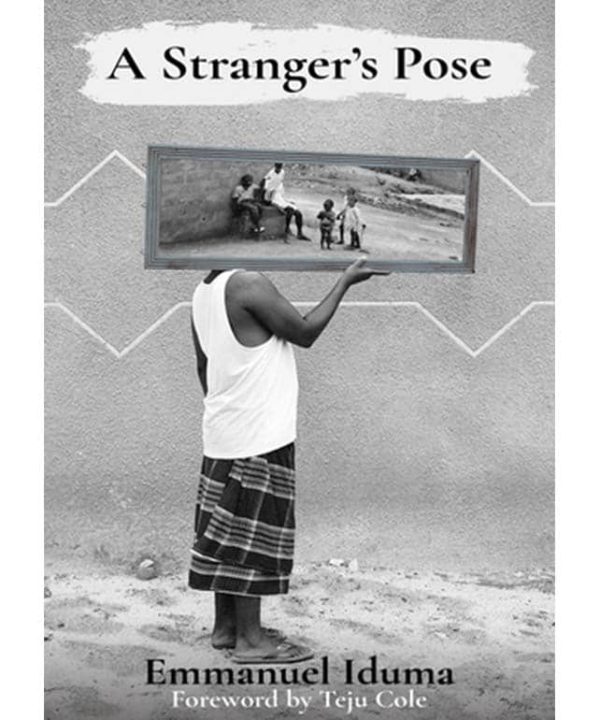 A Stranger's Pose
A Stranger's Pose 
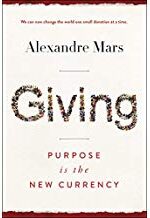
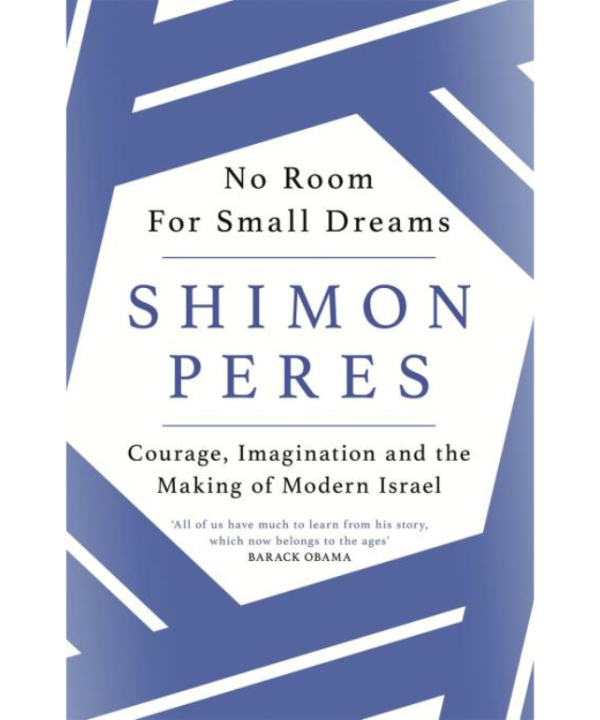
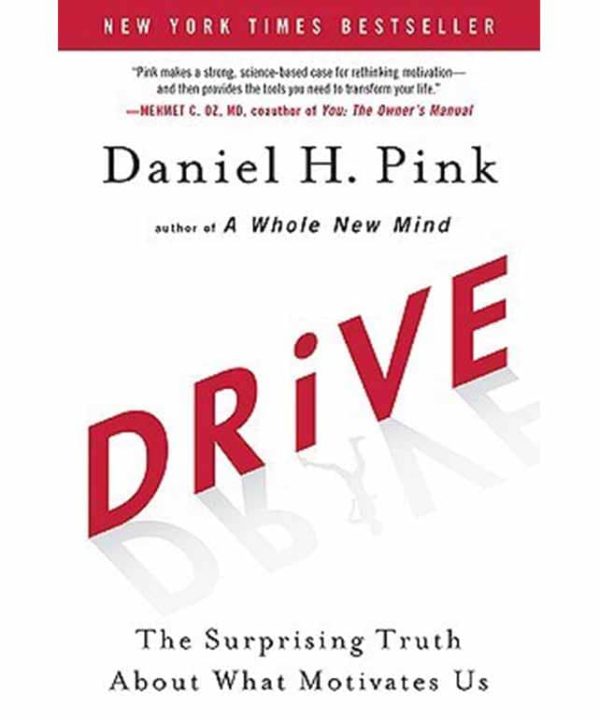
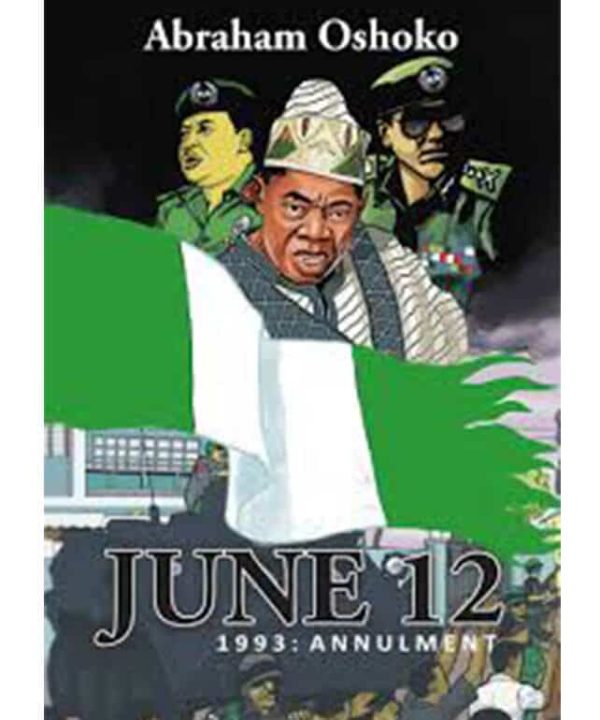
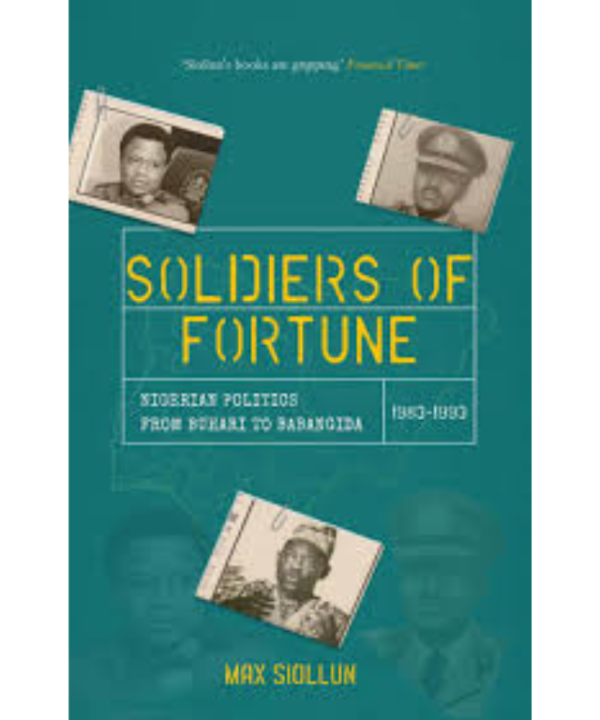

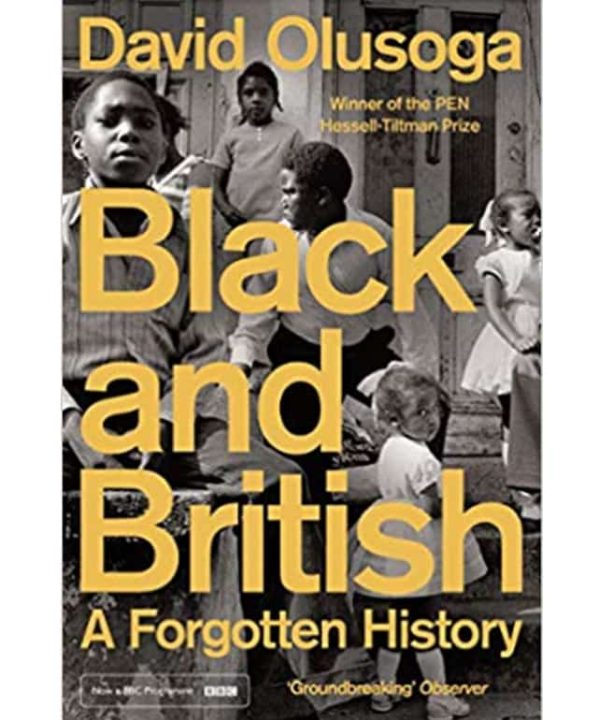
Adejinmi –
It took me a while to get through this book and for good reason. The stories are rich, some painful, some joyful but all are well told.
I found myself praying for some of the women in this book, laughing with them, getting angry and/or triggered, but most importantly, I was faced with their humanity. And that is why this book is important.
Often times in the discussion about sexuality and gender in Nigeria, lesbian and bisexual women are reduced to two-dimensional characters who choose to live the way do because they love sex too much or are confused.
This book helps to correct that vision, that is if you let it.
Through the stories told, you get to see that queerness isn’t more visible now because of Western media and culture, that no one is forcing anything down your throat. These women are more visible because they are choosing to no longer be ignored or mistreated when seen.
Queer women are tired of hiding, tired of not being seen and being dismissed while their sexuality is mocked, rejected, used as a pleasure tool for heteros, and used to score cheap points in conversations that lack both sympathy and empathy.
It is a good book made better by it’s potential to minister to you, urging you to be a kinder version of yourself, one who is tolerant of difference, one who doesn’t fear it.
My only grouse with the book was that there wasn’t enough bi-representation.